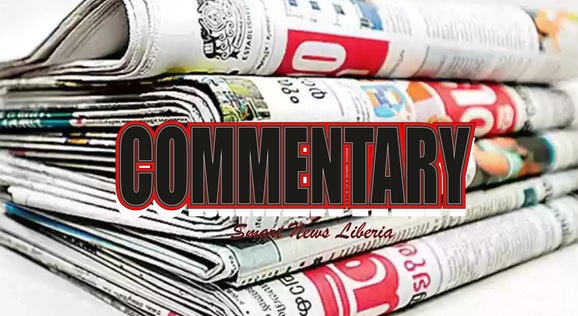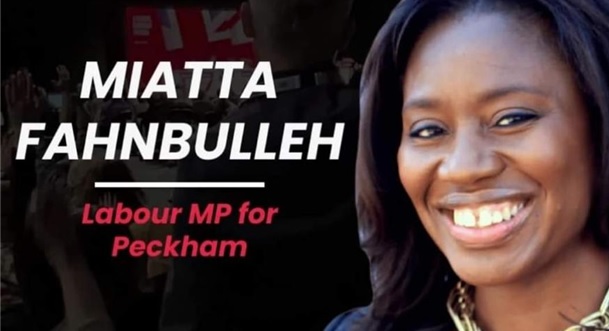A commentary by Wondah L. Jah
Introduction:
The Liberian legislature has long been plagued by corruption and self-enrichment at the expense of the people they are meant to serve. Lawmakers have repeatedly compromised the welfare of the masses by striking deals that undermine the nation’s progress. The need for reform is evident, as the legislature has become a breeding ground for individuals with questionable backgrounds, turning a blind eye to their misconduct under the shield of immunity. This article delves into the pressing issue of legislative corruption in Liberia and highlights the growing demand for change.
The Cycle of Corruption:
Lawmakers in Liberia have been known to betray the trust placed in them by the electorate. They have approved concessions and allocated taxpayers’ money to themselves, leaving the people who elected them to suffer. Their actions are often justified by claiming that the funds were legally appropriated. However, it is clear that they have the power to manipulate this process, ensuring that the lion’s share goes into their own pockets. Despite repeated removals through votes, lawmakers continue to disregard the will of the people, perpetuating a cycle of corruption.
The Legislature as a Safe Haven:
The Liberian National Legislature has become a sanctuary for individuals with tainted reputations, including suspected criminals, convicts, and those under sanction. These individuals often seek election to the legislature to gain immunity from prosecution. Some even exploit their positions in the executive branch to embezzle funds, using their ill-gotten wealth to buy votes from the desperate masses. It takes six or nine years for the electorate to have the power to remove them from office, allowing them to continue their corrupt practices.
The Antidote: Demanding Performance and Change:
In response to the deeply rooted corruption within the legislature, the Liberian people have found an antidote: demanding performance and accountability. The historical precedent of popular uprisings and revolutions in the pursuit of democracy serves as inspiration for change. Such uprisings create a momentum for reform, mobilize citizens to demand accountability and democratic governance, and ultimately shift power from oppressive regimes to more inclusive systems.
The Path to a Democratic System:
While popular uprisings can be a powerful catalyst for change, it is crucial to recognize that the success and sustainability of a democratic system depend on multiple factors. Establishing robust institutions, upholding human rights, promoting the rule of law, and fostering active citizen participation are vital for the long-term success of democracy. The Liberian people, driven by their desire for change, are on the brink of demanding a complete transformation of their legislative body through a popular uprising.
Conclusion:
The legislative corruption in Liberia has hindered the nation’s progress and undermined the trust of the people. The time has come for Liberians to demand accountability and eliminate corruption from their legislature. Through a popular people uprising, they can pave the way for a more democratic system that prioritizes the welfare of the masses. It is essential for citizens to remain resilient in their pursuit of change, ensuring that their voices are heard and their demands for performance and transparency are met. The future of Liberia hinges on the collective effort to eliminate legislative corruption and establish a government that truly serves the interests of the people.







